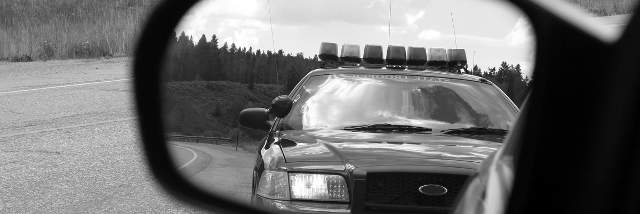
I take an aggressive approach to DWI and Drunk Driving cases – taking every effort to protect your legal rights and driver’s license – by fighting for you with extensive Pre-Trial motions, vigorous cross-examinations, expert testimony, photographs, and videos… trust me, no stone goes unturned.
Minnesota has some of the harshest punishments in the nation for DWI offenses. If you are currently under investigation or have already been charged with a Drunk Driving, you owe it to yourself to speak with our experienced Twin Cities Criminal Defense Attorney and DWI Lawyer.
In Minnesota, if someone is arrested for violating DWI-Drunk Driving Law, they have the right to speak with a Twin Cities Criminal Defense Lawyer before taking any tests to determine the alcohol content of their blood, breath or urine. If you have been arrested for a Drunk Driving, it is important that you speak to a Minnesota DWI Defense Attorney prior to speaking with the police or taking a test.
Minnesota DWI-Drunk Driving Charges – Explained
In the State of Minnesota, DWI and Drunk Driving offenses are classified into four separate levels/classes.
First Degree DWI is a very serious Felony offense – which could subject you to a punishment of up to seven years in prison and a $14,000. In addition, your vehicle may be forfeited, your license plates impounded and your driver’s license may be canceled inimical to public safety.
To be charged with a 1st Degree Drunk Driving you must have tested over .08 and (i.) have had three prior DWI convictions or alcohol related driver’s license revocations within the past 10 years, or (ii.) been charged with a Criminal Vehicular Operation resulting in death offense, or (iii.) previously convicted of a Felony DUI.
Second Degree DWIs are classified as Gross Misdemeanors and punishable by up to a year in jail and a $3,000 fine. In addition to the jail and fines, like with the First Degree charge, your vehicle could be forfeited, your license plates impounded and your driver’s license canceled inimical to public safety.
To be charged with a 2nd Degree Drunk Driving you must tested over .08 and either (i.) had two prior DWI convictions or alcohol related driver’s license revocations within the past 10 years, or (ii.) had two or more aggravating factors present during the time of your arrest such as a test over .20, you refused to test, had a child in the car and/or were in an accident with alcohol involved where there was substantial bodily injury.
Third Degree DWIs are also classified as Gross Misdemeanors – with the same sort of consequences described-above. For this offense, the government mandates a minimum of 30 days in jail if you are convicted. You may also have your license plates impounded, be subjected restricted plates (often referred to as whiskey plates) and have your driver’s license suspended.
To be charged with 3rd Drunk Driving – you must have either (i.) had a first time DWI – but tested at .20 or greater, or (ii.) had had one of the following aggravating factors present: a prior DWI conviction or alcohol-related driver’s license revocation within the previous 10 years, refused to test, had a child in the car, were stopped for going through railroad track stop arms, or were in an accident with alcohol involved where there was substantial bodily injury.
Fourth Degree DWIs are usually how 1st time offenses are charged and they are classified as Misdemeanors. You can be charged with a fourth degree driving under the influence offense whenever you test for alcohol at a level of .08 or more. You may also be charged with the offense of driving under the influence if an officer believes you are under the influence of alcohol – even if the test result is less than .08 – this is often when no mater how much alchol you have in you, the officer believes you’re impaired.
In all of the above cases, in addition to the jail time and fines you could face – you will also most likely be ordered to have your alcohol use evaluated and you could also be placed on probation. There is also the impact that these charges can (and often will) have on your driver’s license.
Driver’s License Revocation – Explained
Often, at the same time that you are charged with a DWI or Drunk Driving, you may also be given notice that your driver’s license will soon to be revoked and that you only have a 7 day temporary license before that begins. (Granted, you may be eligible for a limited license – but that often will not kick in automatically.) This part of the DWI process is commonly referred to as the “Implied Consent” proceeding. Something you need to be aware of – this is a separate part of the process – that operates separately from you criminal charges. In this proceeding, you have 30 days from the date that you were stopped by the police to challenge any issues with regards to your driver’s license being revoked. And know this – it is critical to analyze both the Implied Consent issues and the criminal, DWI charges because to “win” a Drunk Driving case you have to attack both – and prevail on both.
If you or someone you care about is facing criminal charges, contact me, a Minnesota DWI Attorney, to set up a free – no obligation – consultation. You can reach me at 612.234.1165 or jason@rollofflaw.com. You can also fill out the form below and I will get back to you without delay.
